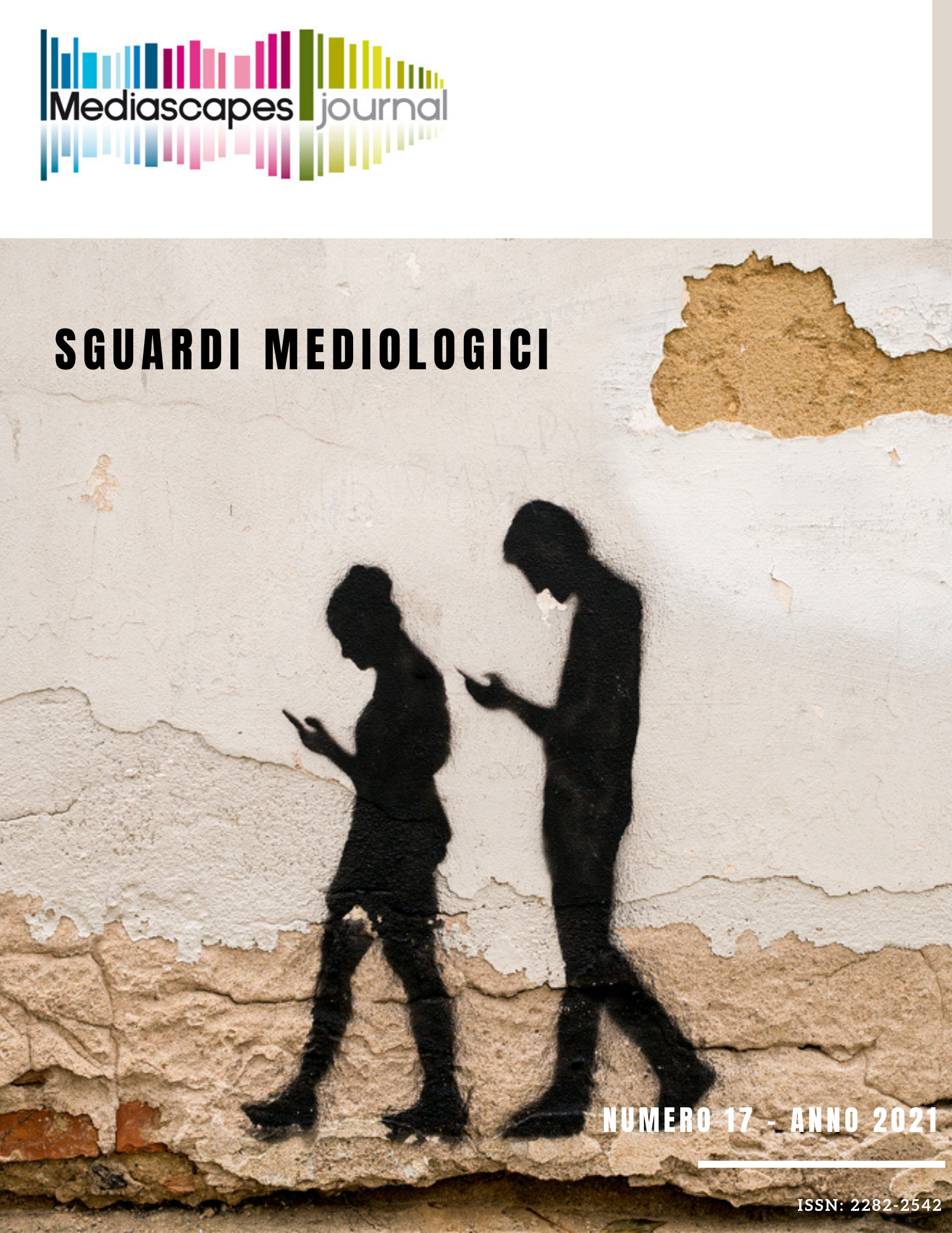The purpose of this paper is to provide some indications and directions for a possible critical approach to big data, albeit in broad terms, taking into account both authors such as Bruno Latour, socio-semiotic research in the wider sense, and scholars en
Keywords:
sociosemiotica, big data, actor network theoryAbstract
The purpose of this paper is to provide some indications and directions for a possible critical approach to big data, albeit in broad terms, taking into account both authors such as Bruno Latour, socio-semiotic research in the wider sense, and scholars engaging Foucault and Deleuze’s gaze on the question of the "society of control". At the same time, we review some examples and case studies involving the use of software and applications that analyze large amounts of data to produce representation of cultural trends (for fashion design and marketing). The intention is to start asking (from the point of view of a possible critical socio-semiotics) what this kind of qualitative and quantitative automated research can produce and how so. We try to show what values, rhetorics and narratives may be entailed in the production, use, and manipulation of data, including from a cultural and social perspective.



